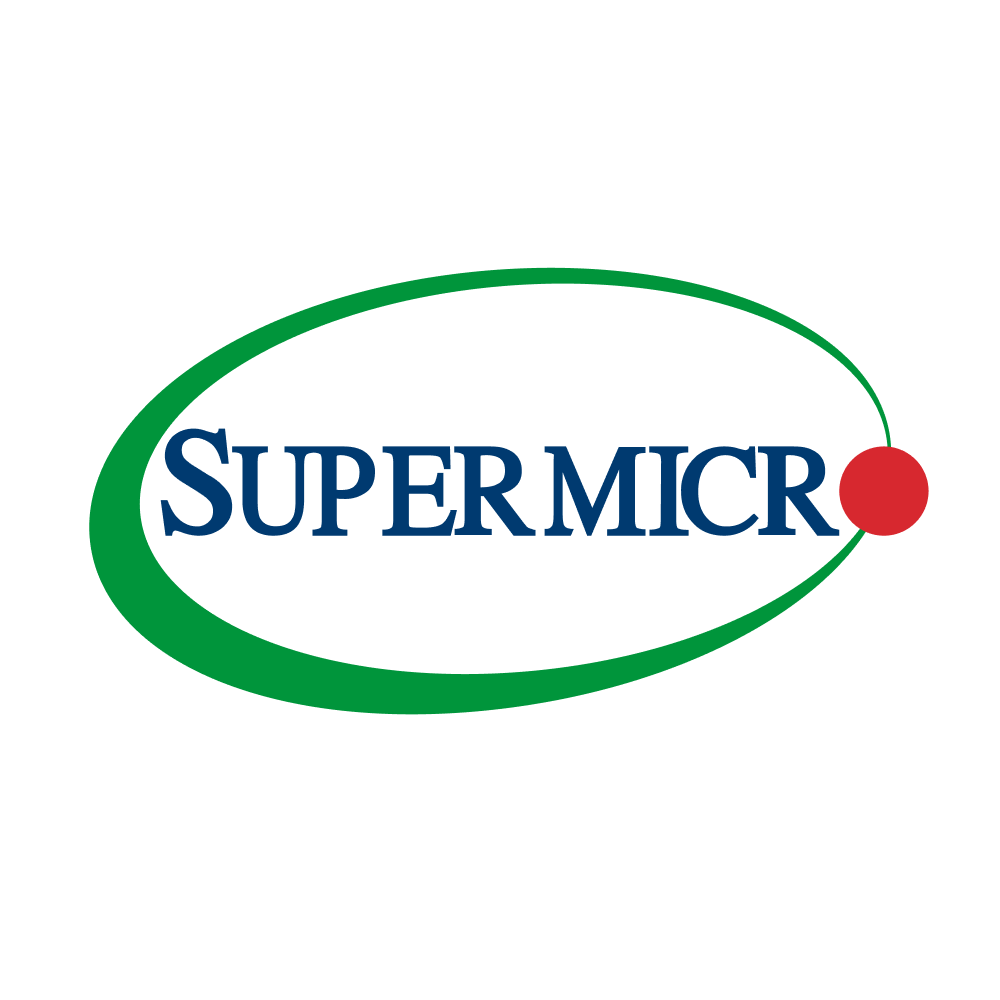Advertisement|Remove ads.
Halozyme Sues Merck Over Subcutaneous Keytruda Formulation, Seeks Injunctive Relief

Biopharmaceutical company Halozyme Therapeutics, Inc. (HALO) filed a patent infringement lawsuit against Merck & Co., Inc. (MRK) on Thursday, alleging that the latter uses Halozyme's patented MDASE technology to develop subcutaneous (SC) Keytruda.
Halozyme said that it believes the subcutaneous formulation of Merck's cancer medicine Keytruda infringes multiple patents that Halozyme filed beginning in 2011 to protect its MDASE subcutaneous delivery technology.
The lawsuit was filed in the U.S. District Court in New Jersey. Halozyme stated that it expected Merck to obtain a commercial license from the company to utilize the technology, but Merck failed to do so.
Halozyme's Chief Legal Officer, Mark Snyder, stated that Merck has been aware of Halozyme’s patents for a long time and still proceeded to “appropriate” the technology to develop subcutaneous Keytruda.
Keytruda is currently administered intravenously. Merck is looking to administer it subcutaneously as a shot to reduce patients’ time in the treatment room.
"Based on their public comments, it appears they intend to launch SC Keytruda later this year despite the clear infringement of our patents. In our lawsuit, we are seeking damages and injunctive relief to stop the infringement," Snyder said.
In the three months through the end of March, sales of Keytruda rose 4% to $7.21 billion.
Keytruda accounted for over 46% of Merck’s total sales in the quarter.
On Stocktwits, retail sentiment around Halozyme jumped from ‘extremely bearish’ to ‘bearish’ territory over the past 24 hours while message volume rose from ‘extremely low’ to ‘low’ levels.

Meanwhile, retail sentiment around Merck rose from ‘neutral’ to ‘bullish’ territory over the past 24 hours, coupled with a rise in message volume from ‘normal’ to ‘high’ levels

HALO stock is up 23% so far this year, while MRK stock is down approximately 21%.
Also See: US Initial Jobless Claims Inch Higher But Align With Estimates
For updates and corrections, email newsroom[at]stocktwits[dot]com











/filters:format(webp)https://st-everywhere-cms-prod.s3.us-east-1.amazonaws.com/large_sealsq_stock_market_representative_resized_b05435011f.jpg)
/filters:format(webp)https://st-everywhere-cms-prod.s3.us-east-1.amazonaws.com/unnamed_jpg_9dff551b50.webp)
/filters:format(webp)https://news.stocktwits-cdn.com/large_Getty_Images_2229918735_jpg_e905cbd5e3.webp)
/filters:format(webp)https://news.stocktwits-cdn.com/Aashika_Suresh_Profile_Picture_jpg_2acd6f446c.webp)
/filters:format(webp)https://news.stocktwits-cdn.com/large_Getty_Images_1445160636_jpg_9759816169.webp)
/filters:format(webp)https://news.stocktwits-cdn.com/large_Getty_Images_2250240977_jpg_5b777d96ef.webp)
/filters:format(webp)https://news.stocktwits-cdn.com/jaiveer_jpg_280ad67f36.webp)
/filters:format(webp)https://news.stocktwits-cdn.com/large_Getty_Images_2206295220_jpg_1057588802.webp)
/filters:format(webp)https://st-everywhere-cms-prod.s3.us-east-1.amazonaws.com/Rounak_Author_Image_7607005b05.png)
/filters:format(webp)https://news.stocktwits-cdn.com/large_Trending_stock_resized_may_jpg_bc23339ae7.webp)
/filters:format(webp)https://news.stocktwits-cdn.com/vivekkrishnanphotography_58_jpg_0e45f66a62.webp)